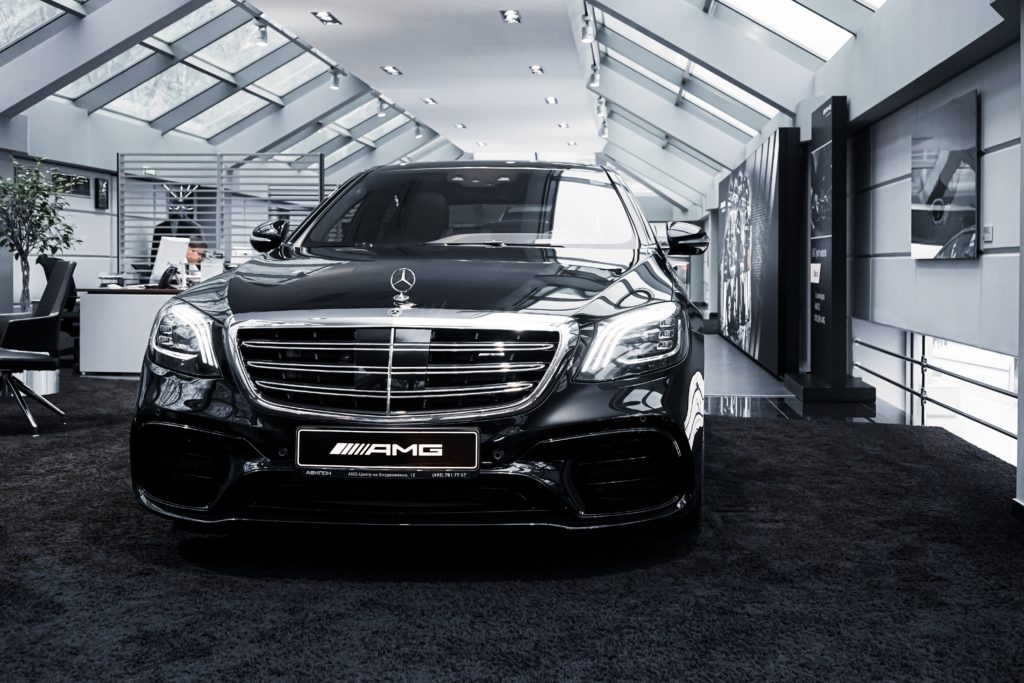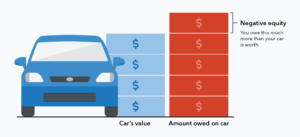Bank Auto Loan Financing
When faced with this decision, many Canadian drivers turn to their bank or credit union. After all, it’s usually the first place to go when you’re looking for financing. When working with a bank or credit union, you’ll be able to borrow a lump sum of money once approved that is secured by the vehicle you’re purchasing. You would then repay the loan through divided installments over several years, including any interest and service fees your bank charges. The overall time you’re in debt depends on how large the loan, the interest rate you qualify for, as well as your overall financial health.
Pros
- Most banks offer a variety of loan options and competitive interest rates
- Depending on the bank, you can have the money transferred into your bank
account or directly to the dealership - A down payment isn’t always necessary to get approved
- Strong finances and good credit can help you access better loan conditions
Cons
- Origination and administrative fees can greatly increase the overall loan cost
- Some loan options come with higher interest rates than others
- A low income or bad credit can limit your options and increase your interest rate
- Loan amounts, interest rates, and payment terms are usually less negotiable
Dealership Car Loan Financing
You may also want to consider working directly with a dealership to finance the purchase of a new car. Most dealerships have an inhouse financing department that offers loans either through the companies that manufactures the vehicles or through a specific bank they do business with. The car loan you obtain through works similarly to
a car loan from a bank, you’ll pay if off in installments over a set term with an interest rate and any applicable fees included.
Pros
- Some dealerships offer special 0% financing options
- Many dealers will negotiate on the asking price, loan term, and interest rate
- There are many dealerships that accept drivers with bad credit
- A large down payment may get you approved for better financing conditions
Cons
- Car loans may only be available for newer models
- Less financing options are offered by the average dealership
- High pressure sales tactics may be employed
- A down payment is often necessary and may not be affordable
- Employees are paid a commission
How to Choose The Right Vehicle Financing Option
It’s clear that bank loans and dealership financing have benefits and drawbacks. Because of that, it can be a challenge to determine which option works best for you. No matter the pros or cons, it’s important not to make any hasty decisions, as either choice can impact your finances significantly, especially if you’re not borrowing responsibly.
So, before you decide, be sure to research, comparing both lenders and dealerships in your area until you find the best terms and conditions. To make your selection easier, you can also ask yourself questions like:
- How much of a down payment can you afford (if any)? Most dealerships require you to make a potentially unaffordable down payment of 10%-20% of the vehicle’s final price, which most banks won’t ask.
- Do you want to negotiate on the final price? While some auto dealers don’t offer great financing conditions, many are open to negotiating if it means they’ll make a sale, while most financial institutions won’t negotiate at all.
- What type of vehicle are you looking to finance? Remember, a car loan from a bank can be used to purchase just about any vehicle, whereas dealership financing is typically restricted to certain makes and models or even new vehicles.
- How strong are your finances and credit score? Dealerships and banks will inspect your income and credit report before giving you a quote. However, banks are less likely to offer you favourable loan conditions if you have poor finances or credit.
- Which source offers the best financing options? Despite dealerships sometimes offering unique deals and negotiable prices, they may not offer the same security as a reputable bank or credit union.
Bottom Line
In the end, bank car loans may be a better choice for drivers who have stronger finances and are looking for a broader variety of vehicle and loan options. Then again, dealership financing can help you take advantage of many perks that banks don’t offer, as well as lower or special rates on specific cars, even if you have bad credit or a low income.




